Researchers from the University of Chicago Medicine, Northwestern University Feinberg School of Medicine, and Chicago NorthShore University HealthSystem conducted a study of participants in a National Health and Nutrition Examination Survey. The purpose of the multi-university study found in the Journal of Urology, ‘The Association between Popular Diets and Serum Testosterone among Men in the United States‘, was to examine the relationship of 3,128 men and their testosterone levels for those who ate a low fat diet versus the Mediterranean diet (which was the number one ranked diet in 2020 by US News).
The participants comprised of males between the ages of 18 to 80 who reported on their diet for a period of two days. Approximately 14.6 percent of the male participants adhered to a low-fat diet (per American Heart Association (AHA) measurements), and 24.5 percent adhered to a Mediterranean diet ((high on fruits, vegetables and whole grains). In addition, the participants provided blood samples so that researchers could review the participants’ testosterone levels.
Based on the blood tests, the average testosterone levels were 435.5 ng/dL. Men on two restrictive diets experienced lower testosterone levels – that is, those on the Mediterranean diet experienced testosterone levels of 413 ng/dL, while those on the low-fat diet had testosterone levels of 411 ng/dL. In addition to diet, other factors could have influenced their testosterone levels, such as body mass index, age, medical conditions, and physical activity.
Jake Fantus, MD, of the Chicago of Medicine’s Section of Urology and Department of Surgery at the University of Chicago stated that the researchers determined that men who adhered to a fat restrictive diet had “lower serum testosterone than men on a nonrestrictive diet.” He also added, however, that the clinical significance of the small differences concerning serum T across diets is not clear. The study's authors concluded with the following:
Men adhering to low fat diets had lower serum testosterone levels even when controlling for comorbidities, age, body mass index and activity levels. As differences in serum testosterone between the diets were modest, the avoidance of fat restrictive diets should be weighed against the potential benefits on an individual basis.
Back in May 2019, Dr. Fantus shared comments with Renal & Urology News:
“Millions of Americans each year trial new diets hoping to lose weight, gain strength, or increase their energy level. While multiple studies have examined the benefits of low-fat and Mediterranean diets, the effects of these diet regimens on serum testosterone are unknown,” […] “We hypothesized that men who restrict their dietary fat intake may be at increased risk for decreased serum T, a steroid hormone with cholesterol precursors.” […] “Our data demonstrate that while restrictive diets remain useful in the overweight and diabetic population, those recommendations may not be as useful in men who are otherwise healthy. Therefore clinicians should individualize recommendations based on patient characteristics rather than giving the same counseling to all patients.”
While the link between low-fat diets and a significant reduction in testosterone levels are not new, with the rising number of men who are suffering from low T levels or even testosterone deficiencies, this may be very useful for men who want to boost their ‘male hormones' that can enhance libido, energy and youthful vigor.

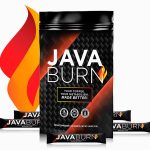


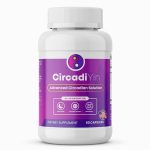

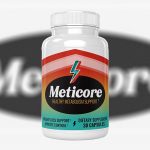

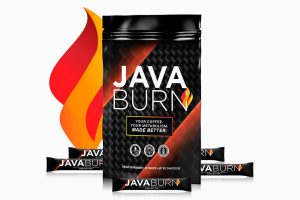




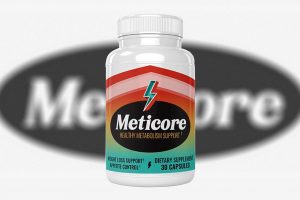



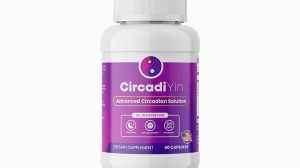

Add Comment